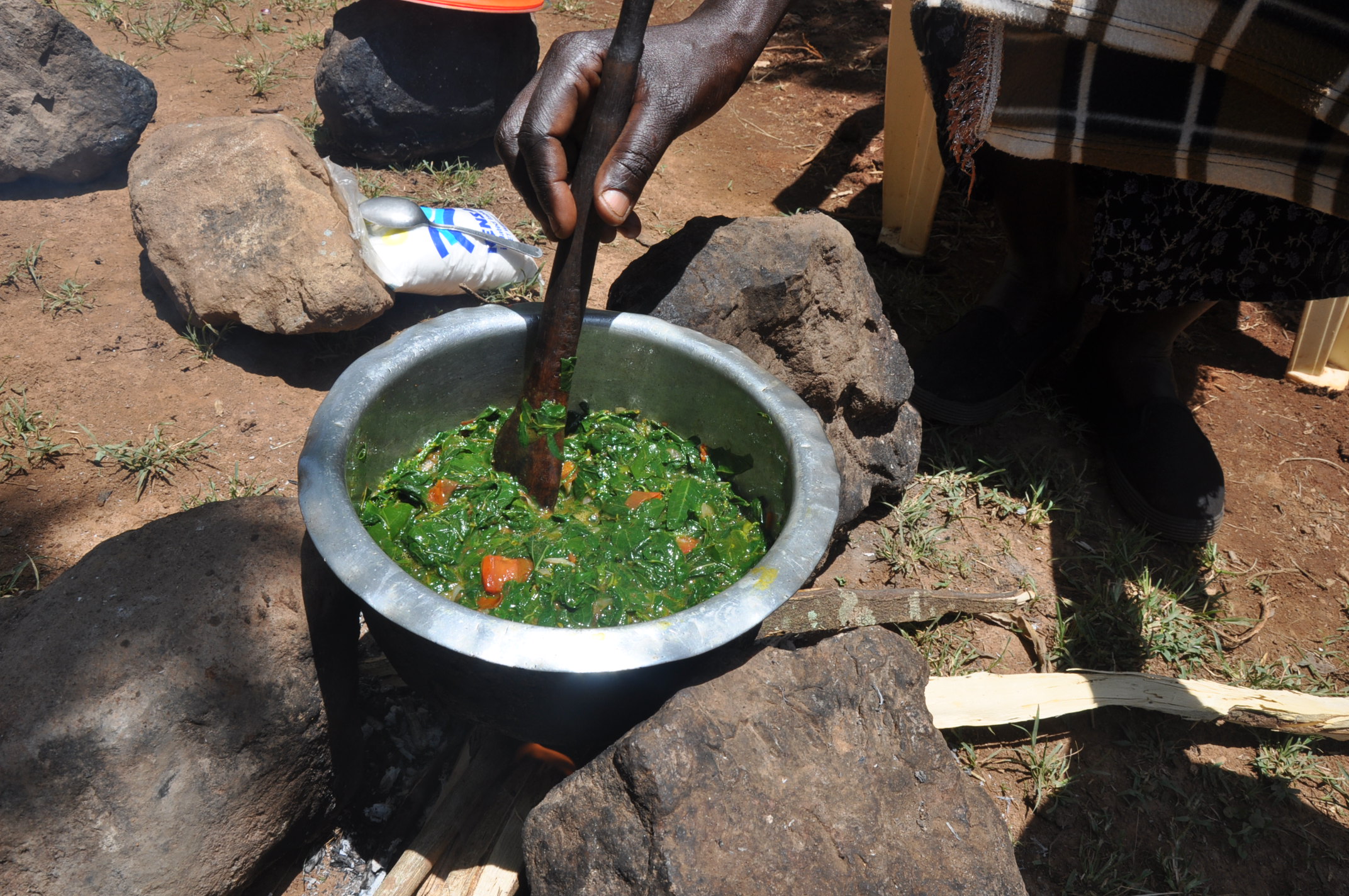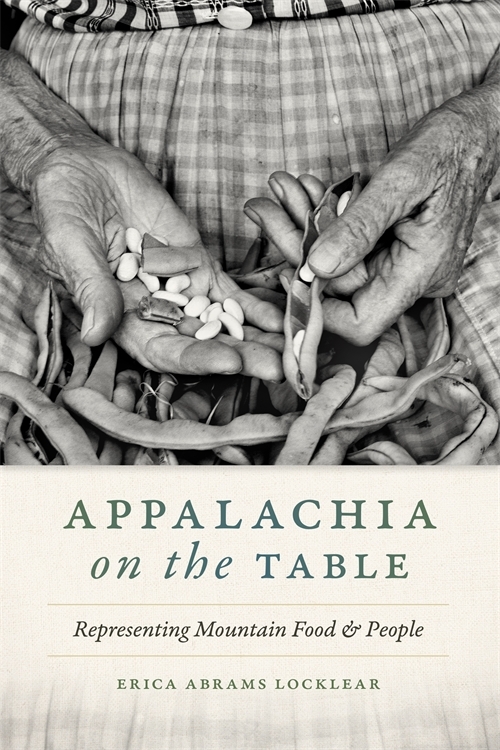Control through Compassion – Hidden Power Relations in Finnish Makeover Shows

Within the sphere of television, especially weight-loss makeover shows portray the fat body as inappropriate, inacceptable, and in need of change. Makeover shows are popular all over the world; the arguably most well-known one regarding weight loss is The Biggest Loser, which has been airing in the US since 2004 and has been reproduced in close to 40 countries, highlighting its appeal to the general population. Makeover shows transmit the imperative of improvement: improving one’s body, in the logic of the makeover, directly translates to an improvement of one’s life; if one works hard enough, anything is possible. The makeover narrative thus reflects a neoliberal notion of personal responsibility, which used to be prominent especially in the US but has…



